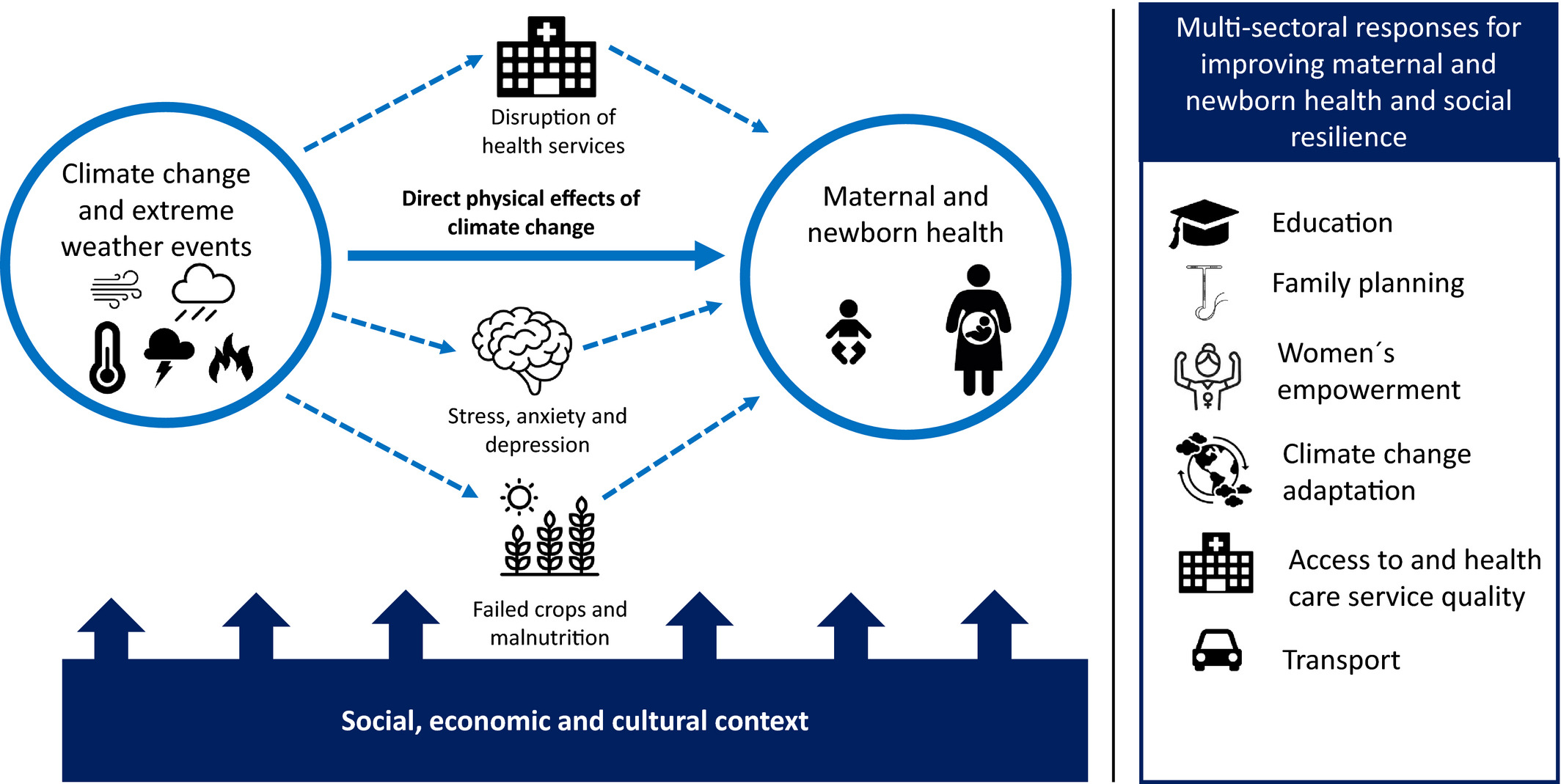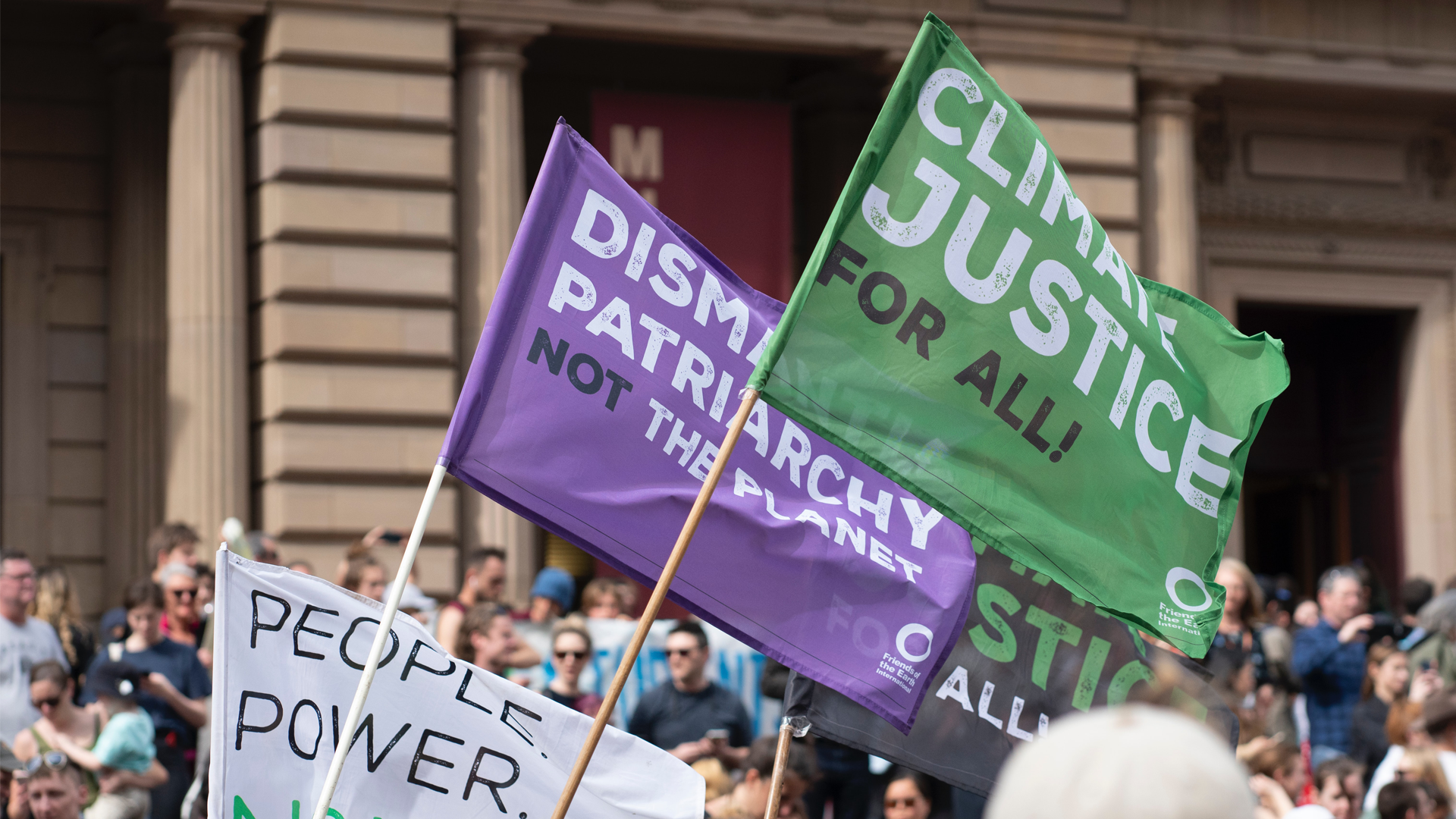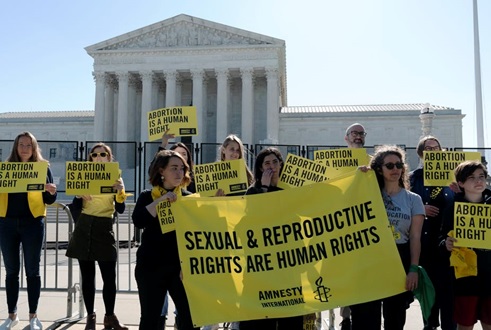The United States Supreme Court overturned the 1973 ruling that safeguarded the right to have an abortion. This now leaves a greater number of people exposed and vulnerable to the effects of climate change.
Known commonly as Roe v Wade, overturning such now leaves the legality of abortion up to the states to decide. As a result, up to half of all US states will likely ban abortion in the coming weeks. Such a decision runs contrary to the gradually increasing number of countries that have loosened restrictions.
Over the past several decades, nearly 50 countries have liberalised their abortion laws. Even so, 41% of women continue to live under restrictive laws that result in a lack of access to safe, affordable, timely and respectful abortion care.
As such laws are linked to more unsafe abortions and are harmful to the health of the affected, it is becoming increasingly important to draw the links between climate change and reproductive rights. Being deeply intertwined, the former tends to exacerbate the economic and health impacts of limiting access to the latter.
Climate change threatens the health of pregnant persons
Leading to more severe and frequent extreme weather events such as heat waves, droughts and flooding, climate change is disproportionately impacting the most vulnerable populations, including pregnant folks, developing fetuses, and newborns.
According to the Collaborative on Health and the Environment, “Many reproductive health and birth defects are linked to extreme heat, increased ozone and PM2.5 emissions, and wildfire smoke.”
Rising temperatures increase the presence of tiny pollution particles in the mother’s lungs, leading to pulmonary issues. Extreme heat can shift circulation away from the placenta, an organ necessary for the fetus to receive nutrients and oxygen.

Extreme weather events can also induce stress above the levels a person would typically experience during pregnancy.
In one study, researchers found consistent evidence of “a significant association of air pollutant and heat exposure with birth outcomes” across all US geographic regions. The same study of over 32 million US births also found that people with asthma and minority groups, especially black mothers, were at highest risk.
When the people who give birth are at greater risk due to the climate crisis, why should they not have bodily autonomy and at least the option to limit their vulnerability in a warming world?





















